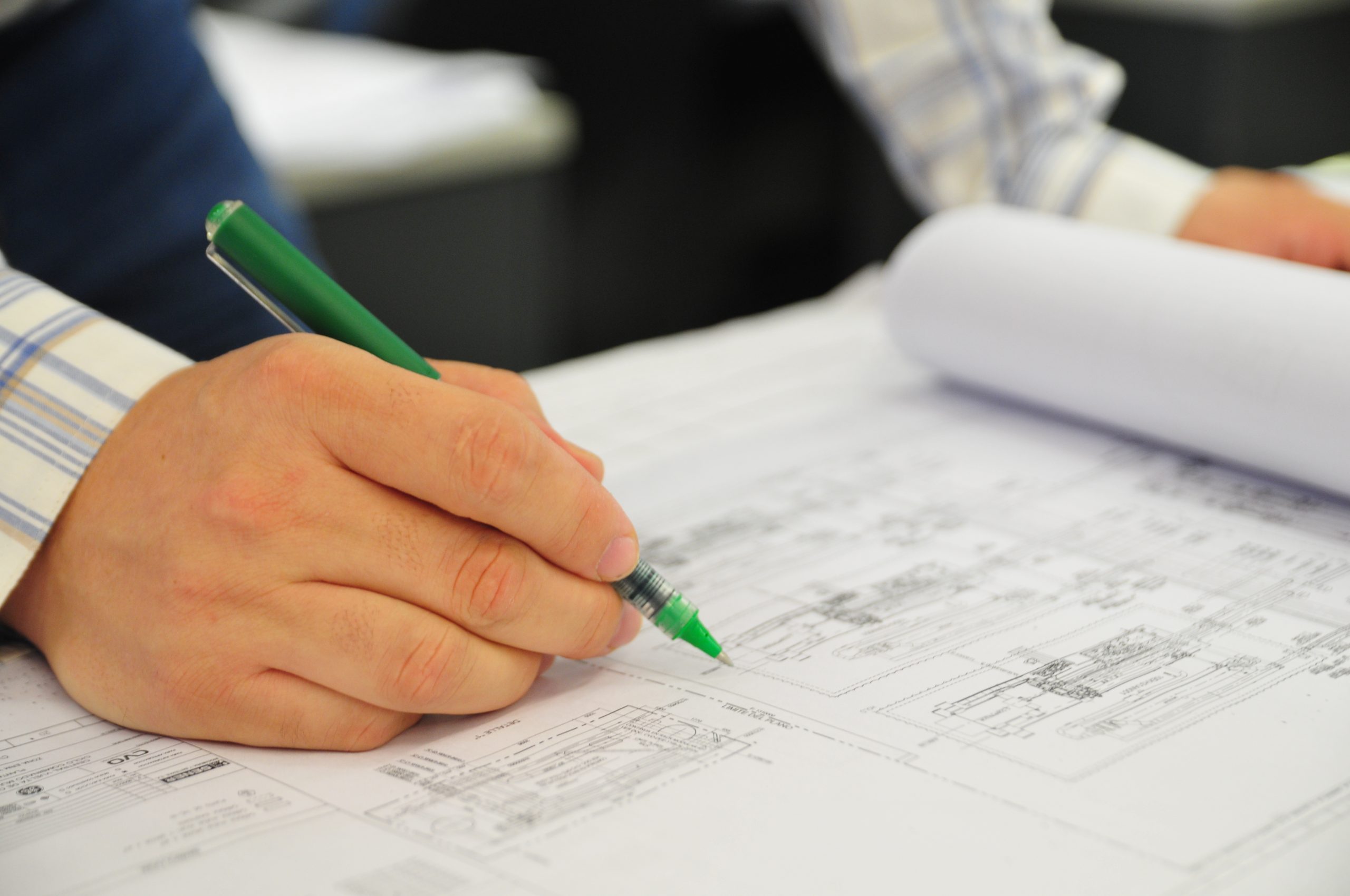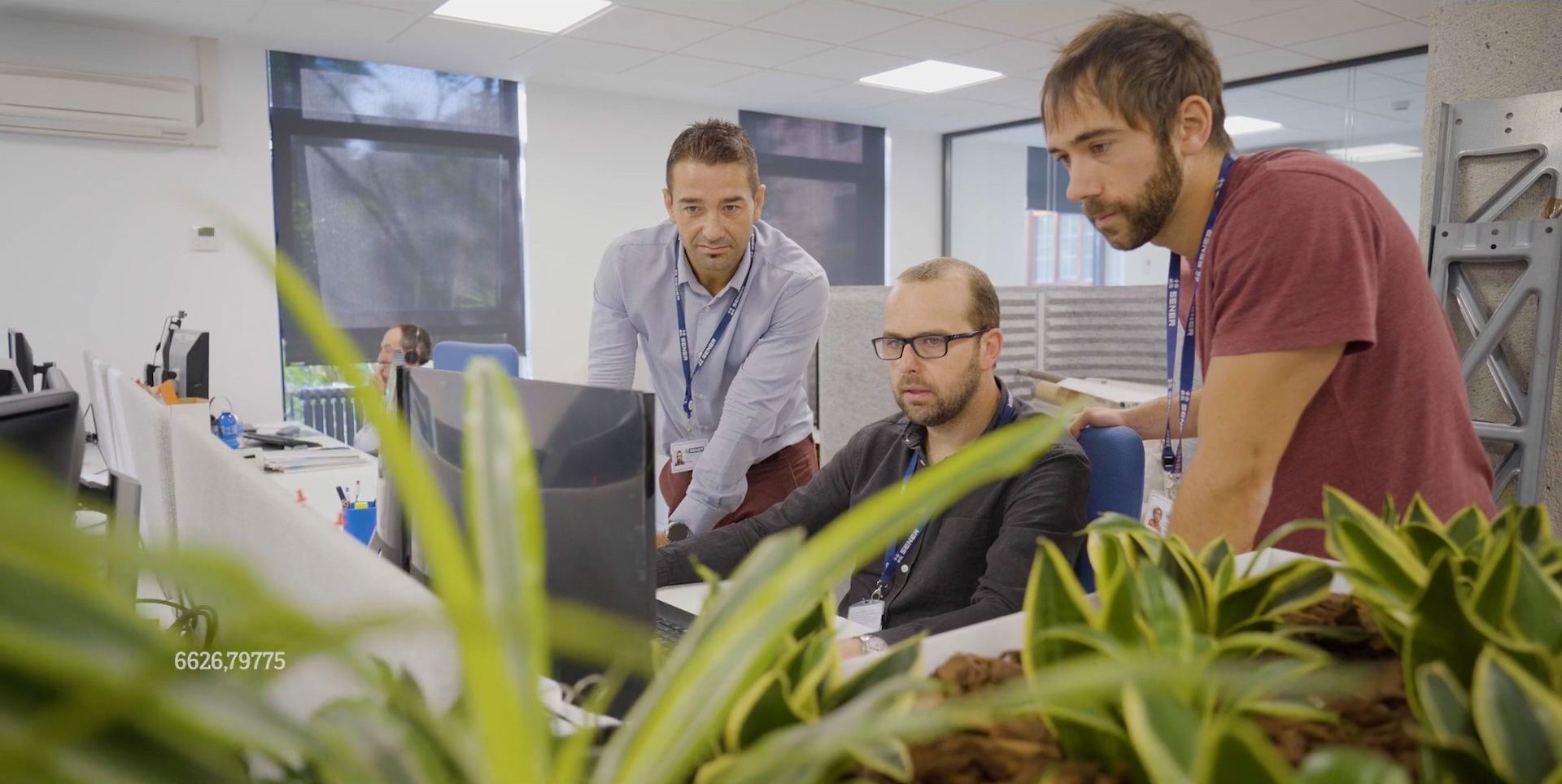






EnBW awarded two hydrogen-ready combined heat and power plants in Heilbronn and Altbach/Deizisau, near Stuttgart, to an international consortium, formed by GE Vernova, Sener, and Bonatti. The two H-Class gas turbine powered plants are expected to deliver nearly 1.4 GW of electricity and steam for the citizens, commerce and industry of Heilbronn and the larger Stuttgart area.
The two projects will support coal-fired power phase out while enhancing the reliability and stability of the German electricity grid. Recently, the ceremony to lay the foundation stone and beginning of the construction of the first project took place.
An international consortium formed by GE Vernova, Sener and Bonatti will carry out the engineering, procurement, and construction (EPC) of EnBW’s two new Combined Heat and Power (CHP) power stations in Heilbronn and Altbach/Deizisau, near Stuttgart, the capital and largest city of the German state of Baden-Württemberg. The orders include the equipment, construction of the plants as well as software solutions, maintenance, and services for ten years. The projects will replace existing coal-fired plants with more efficient natural gas fired plants while enabling future fuel mix combustion of up to 100% by volume of hydrogen in the 2030s. GE Vernova’s Gas Power business, who leads the consortium, announced it has secured two orders from EnBW to provide H-Class natural gas-fired combined cycle power generation equipment for the plants.
Heilbronn and Altbach/Deizisau efficient CHP plants are expected to deliver in total nearly approximately 1340 megawatts (MW) to the national grid, the equivalent needed to power approximately 2,4 million German homes (considered operation as intermediate-load power station and average 3-person-households), as well as steam for district heating for the citizens, commerce and industry of Heilbronn and the larger Stuttgart area.
Each 680MW power plant will replace existing coal-fired units at Heilbronn and Altbach/Deizisau, with the new plants targeted to begin operation by the end of 2026. Switching from a coal plant to its gas equivalent can alone reduce carbon emissions by as such 60%, and lower emissions levels for other pollutants such as mercury, NOx, SOx, and particulate matter, when using the most advanced HA gas turbines.
In conjunction with this announcement, EnBW recently celebrated the commencement of construction work at the Altbach site at the presence of local authorities. The project is aligned to the European and national regulations in the decarbonization path towards 2050 to promote district heating in achieving the goals of efficiency, energy sustainability, use of renewables, and reduction of fossil fuel use.
These power plants will help to increase power supply security in Germany while continuing to phase out coal and expand a more reliable deployment of renewable energy resources in while dispatching power quickly in response to grid fluctuations. In addition, the two power plants are designed to operate on up to 100% hydrogen by volume, in line with the national goal to deploy renewables and green hydrogen at large scale, but foremost in line with EnBW’s sustainability goals to be carbon-neutral by 2035.
Heilbronn and Altbach/Deizisau CHPs will be the first new GE Vernova’s H-Class combined heat and power plants to be installed in Germany, and they are expected to be among the most efficient and flexible once they begin operation.
H-class fired combined heat and power plants can offer tremendous benefits to the residents of Stuttgart and the federal state of Baden-Württemberg. District heating application from gas-fired power plants is a good addition to heat pumps or solar thermal systems, which on one hand require a lot of space and can therefore often not be implemented in inner-city buildings and, on the other hand, heat from solar thermal systems is mainly only available in summer.
Each plant will be powered by a GE 9HA.01 gas turbine, an STF-D650 steam turbine, a W88 generator, a triple pressure with reheat Heat Recovery Steam Generator (HRSG) and GE Vernova’s integrated Mark* VIe Distributed Control System (DCS) software solution to improve asset visibility, reliability, and availability while reducing operating and maintenance costs.
The agreement includes services and maintenance for ten years, as well as GE Vernova’s Digital business’ Asset Performance Management (APM) software. Using APM Reliability in the cloud, EnBW can gain access to powerful Digital Twin technology that allows for the use of Predictive Analytics to help reduce costs, achieve higher availability, and increase reliability and efficiency by amplifying the performance of the 9HA.01 once the power plants are operational.